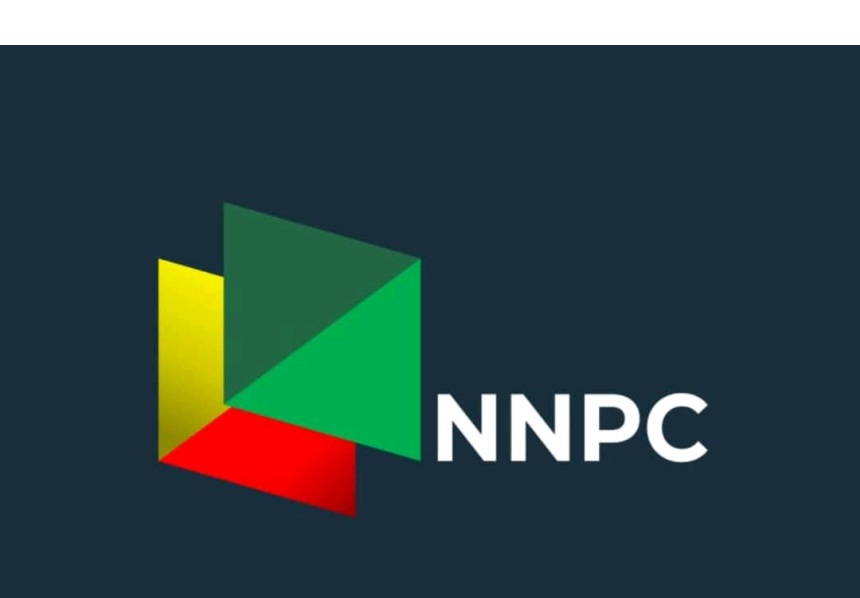As fresh revelations cast doubt on the viability of Nigeria’s state-owned refineries, opposition leaders are calling for a sweeping investigation into the billions of dollars sunk into their rehabilitation.
At the center of the storm is the Nigerian National Petroleum Company Limited (NNPCL), which now admits that after years of promises and investments, the nation’s refineries may never function again.
The political fallout is growing, and so is public outrage.
From Optimism to Uncertainty: NNPCL’s Strategic U-Turn
Barely three months after assuming office, the new Group Chief Executive Officer of NNPCL, Bayo Ojulari, has thrown a wrench into years of official assurances.
In an interview with Bloomberg during the 9th OPEC International Seminar in Vienna, Ojulari confirmed that the NNPCL is conducting a strategic review of its refinery operations and warned that selling off the refineries “is not out of the question.”
Ojulari cited obsolete infrastructure and poor outcomes from recent investments as key reasons.
“We made quite a lot of investments over the last several years and brought in a lot of technologies, but some haven’t worked as expected,” he admitted.
He noted that restarting refineries that have long been dormant has proven far more complicated than initially thought.
Dangote’s Damning Verdict
Adding fuel to the fire, business mogul Aliko Dangote delivered a blunt assessment of the situation during a meeting with African CEOs at his Lekki refinery.
Dangote, who once attempted to acquire the refineries, revealed that nearly $18 billion has been spent on the Port Harcourt, Warri, and Kaduna facilities, yet none are operational.
Drawing a painful analogy, he likened the effort to upgrading a 40-year-old car with modern components: “Even if you change the engine, the body can’t take the shock,” he said.
According to Dangote, only 22% of output from the old refineries was dedicated to petrol, while his private refinery, now Africa’s largest, is already directing over 50% of its output to Premium Motor Spirit (PMS).
Obasanjo’s Warnings Revisited
Former President Olusegun Obasanjo had long expressed doubts about the government’s ability to manage refineries.
Speaking earlier this year, he recalled how international oil companies, including Shell, rejected offers to run the facilities during his tenure.
He criticized both the Buhari and Tinubu administrations for persisting with unviable projects.
Obasanjo alleged that pressure from vested interests halted the original 2007 sale of the refineries, costing the country dearly.
“As I said back then, the refineries will not work, and even as scrap, no one will buy them for $200 million,” he said.
His comment echoed a Yoruba proverb to highlight the deception behind official statements on refinery rehabilitation.
Opposition: “Where Did the Money Go?”
Reacting sharply, several opposition voices, civil society groups, and oil sector watchers over the weekend lambasted the APC-led government for misleading the public and failing to hold anyone accountable for the colossal waste of public funds.
Yunusa Tanko, National Coordinator of the Obidient Movement, accused the Tinubu administration of continuing a tradition of “deceit and misgovernance.”
He said, “This refinery saga is just one of many lies told to Nigerians.
They didn’t even carry out proper due diligence before announcing the refineries would work.”
Peter Ameh, Secretary of the Coalition of United Political Parties, also called for a criminal investigation into the multibillion-dollar investments, which he labeled a “monumental fraud.”
He demanded a public tribunal to expose those responsible: “Let them come and tell Nigerians where the $18 billion went.”
Shehu Sani, Utomi, and Others Weigh In
Former Kaduna Central senator, Shehu Sani, admitted he dislikes the idea of selling national assets but described it as a “lesser evil” compared to pouring more money into failed projects.
“I just hope they don’t end up like the Discos,” he warned, referring to the botched electricity privatization.
Renowned political economist Professor Pat Utomi also criticized past and current administrations for ignoring sound advice.
“We said it repeatedly: refurbishing those refineries was a waste of money.
“But they wanted to spend,” he said.
Dr. Olu Agunloye of the Social Democratic Party took a more conciliatory tone, giving Ojulari credit for speaking the truth.
However, he added that reversing Obasanjo’s 2007 privatization decision was a major error: “If one man like Dangote can build a functioning refinery, why can’t a government with all its resources?”
House of Reps Promises Investigation
Chairman of the House Committee on Petroleum Resources (Midstream), Hon. Henry Okojie, stressed that the decision to sell the refineries is not solely NNPCL’s to make.
“These are national assets owned by the people. Nigerians must have a say,” he said.
He revealed that the committee is launching a holistic and forensic investigation into the status of the refineries and how funds were used.
“If we find that public funds were misused, we’ll make our recommendations clear.
“But we won’t allow hasty decisions or economic sabotage,” Okojie stated.
Billions Down the Drain: A Summary of Expenditures
Despite repeated promises, Nigeria’s refineries remain dormant.
In recent years, the Federal Government has committed staggering sums:
-
$1.4 billion for the Port Harcourt refinery in 2021
-
$897 million for Warri refinery
-
$586 million for Kaduna refinery
-
N100 billion budgeted for rehabilitation in 2021
-
$396 million spent on Turnaround Maintenance between 2013–2017
Yet today, none of the refineries are producing fuel at any meaningful capacity.
What Lies Ahead?
As Ojulari hinted at a potential sale and stakeholders debate next steps, one truth remains: the Nigerian people deserve answers.
Billions have vanished with little to show for it, and faith in public institutions has again taken a hit.
The coming months will be critical.
Will the government finally hold those responsible accountable?
Or will this saga become just another chapter in Nigeria’s long history of unpunished economic mismanagement?







